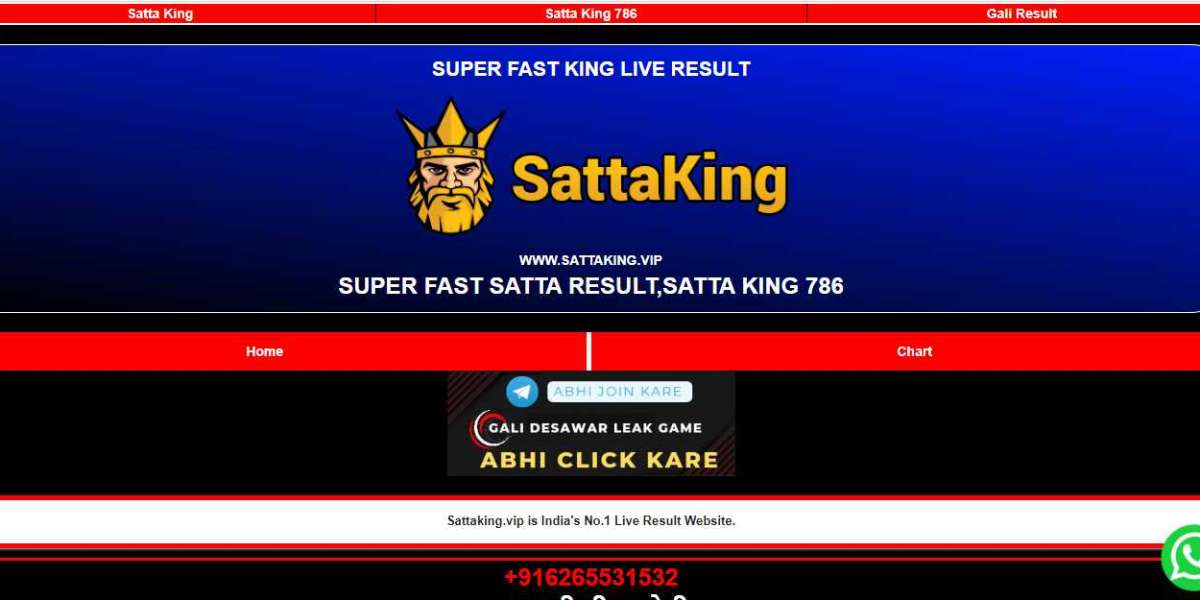One of the commonly used documents for this purpose is a utility bill, which is issued by government-approved entities and contains relevant personal information.
However, obtaining a utility bill can be challenging for individuals who do not have a permanent address or do not pay bills. As a result, some people may resort to using fake utility bills as a proof of address, which can lead to serious consequences.
Using a fake utility bill as a proof of address is illegal and can result in severe legal and financial penalties. The creation and use of a fake utility bill involve fraudulent activity, as it involves using someone else's personal information, such as their name, address, and utility account details, without their consent.
Moreover, using a fake utility bill can lead to identity theft, where personal information is stolen and misused for fraudulent activities. This can include unauthorized credit card transactions, loan applications, and even criminal activities that can harm the victim and their reputation.
Using a fake utility bill can also have adverse effects on an individual's educational and professional career. If an educational institution or employer finds out that an applicant has used a fake utility bill as a proof of address, it can lead to disqualification, suspension, or revocation of credentials.
Furthermore, using fake utility bills for any purpose is unethical and can create a culture of dishonesty and deception. It can also lead to mistrust and damage to personal and professional relationships.
In conclusion, using a utility bill for proof of address as a proof of address is not only illegal but also unethical and can have serious consequences. It is essential to seek legal and legitimate alternatives, such as obtaining a letter from a government agency or a notarized affidavit of residency, to avoid any legal or ethical repercussions. Maintaining integrity and honesty is crucial for personal and professional growth and development.







